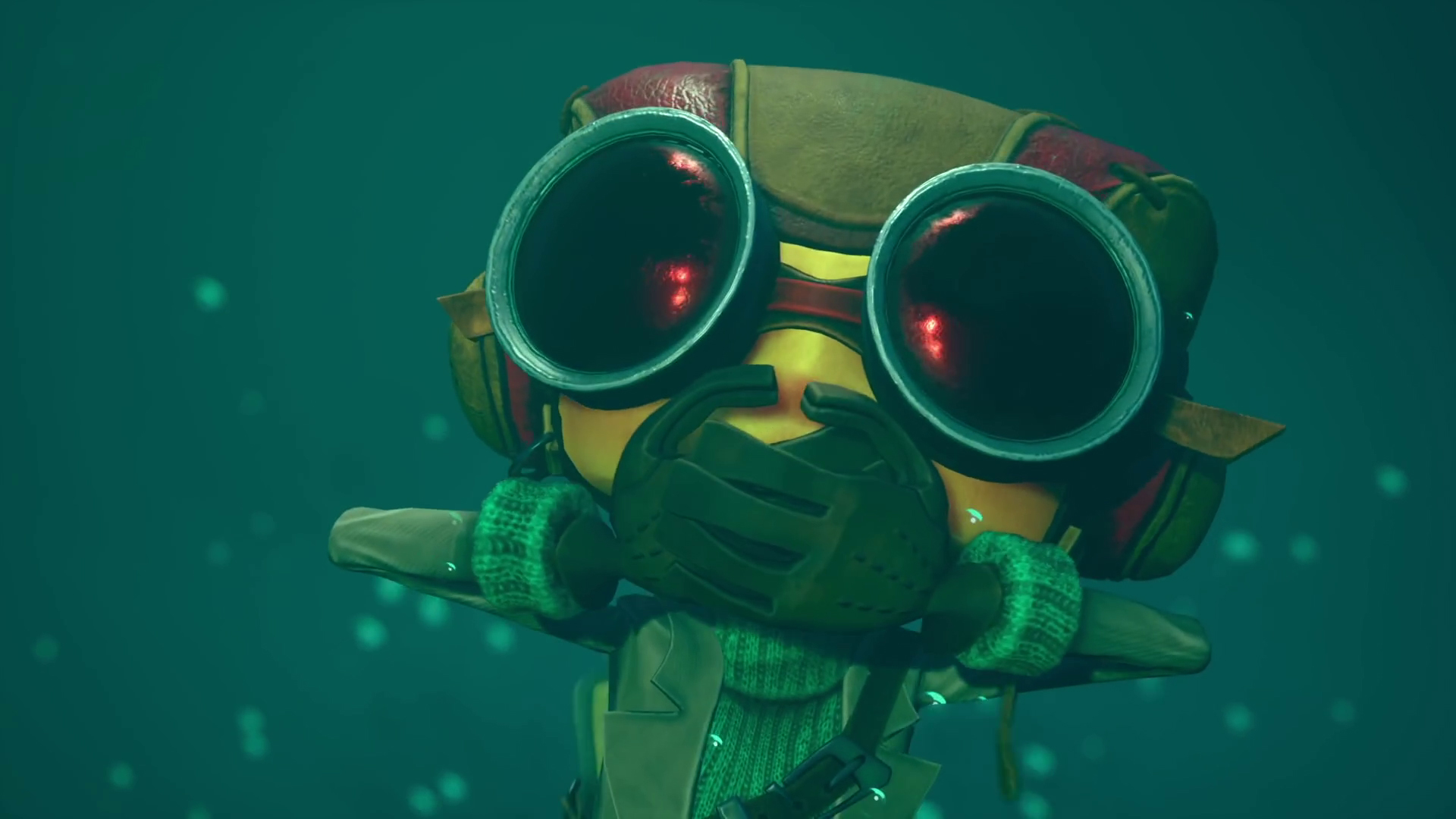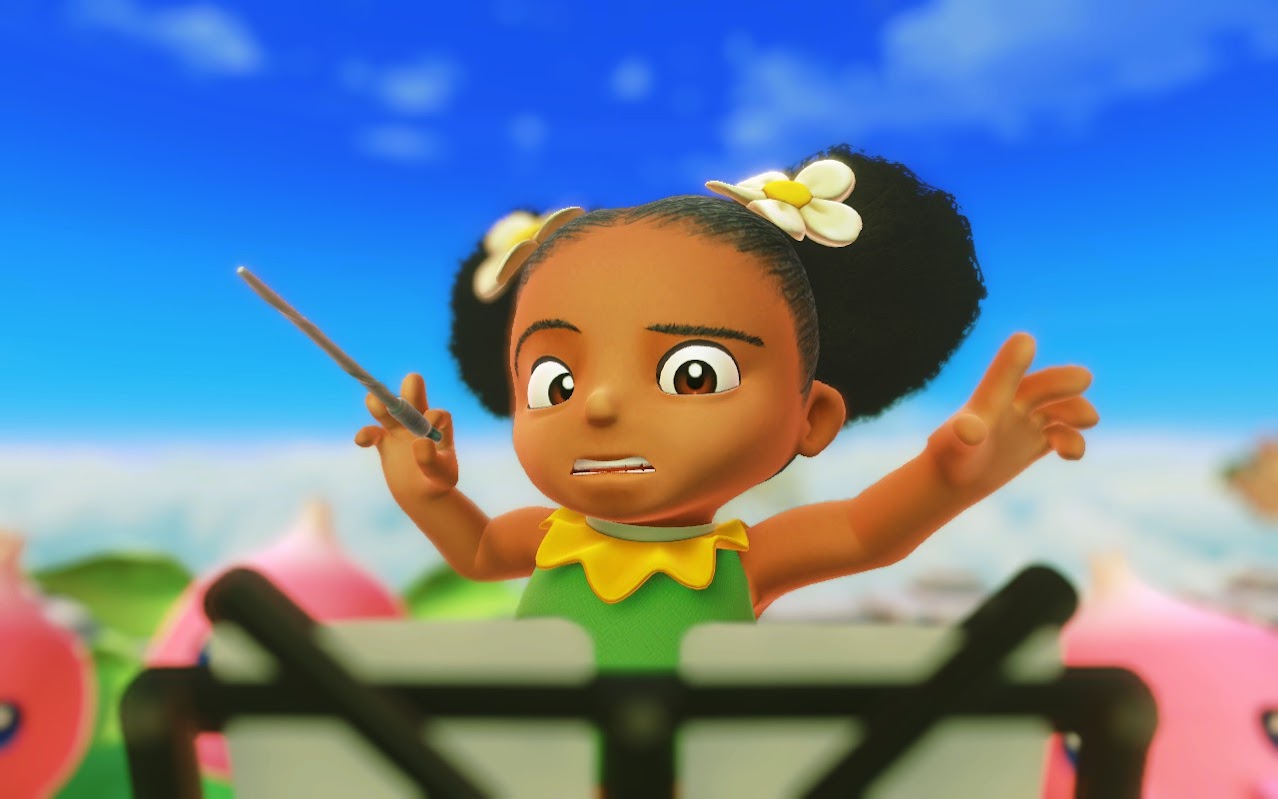Psychonauts creator Tim Schafer says he's never read anything that was 'meaningful, important or worthwhile' created by AI
While he's impressed by the tech, he's yet to be moved by it.

Tim Schafer, founder of Double Fine Productions and the mind behind games such as Psychonauts, Brutal Legend and Grim Fandango, spoke on AI during an interview with Twitch streamer Cressup earlier this week.
Cressup asked Schafer: "I'm interested as a writer, what are your thoughts on AI and the games industry. Are you worried? Is it a tool you can ever see yourself using?" to which he replied that while he was impressed by the tech, the result left a lot to be desired.
"I [honestly] can't figure out how they do it, I've had it explained to me, I know about machine learning and [neural networks]," he said. "I still can't believe they're outputting this writing that looks like human writing. So it's really impressive on that level." However, Schafer goes on to say that he's "never read anything that was meaningful or important or worthwhile from AI. Again, super impressive, but also completely like: who cares?"
He recalls a moment when he was in College, and his friend had written an algorithm that simulated what Mozart might've composed if he'd seen a specific sunset. "I was like—wow, that's a really impressive technical challenge, and it does sound like music, and it does sound like Mozart? But also, who cares, because it's not Mozart."
"To me, art is about making a connection between people. [The artist] exposes themselves to some sort of intuitive expression that you as a viewer or player or listener takes in," Schafer told Cressup. "And you're like: oh my gosh, they feel like I feel, or they made me feel this other thing I couldn't know I could feel."
"I just can't imagine the value of having that with a computer. They are taking the work of other people so that you're kind of connecting to people? But I don't know."
He then goes on to talk about the experience of bumping into AI-generated content online, something that's becoming increasingly common. This slow death by AI reminds me of grey goo, a nightmarish what-if created by an American engineer in the 80s where a swarm of nanobots eats everything that lives, and it's obviously made its way into gaming—such as AI being offered as a means to replace Simlish. A lot's been happening very quickly, so I can relate to Schafer's mixture of wonder and exhaustion at its widespread use.
The biggest gaming news, reviews and hardware deals
Keep up to date with the most important stories and the best deals, as picked by the PC Gamer team.
Cressup then performs a fun little experiment, asking ChatGPT to design a Tim Schafer game. It's a cute moment, with Schafer genuinely considering a generative remix of his own storytelling style.
By the end, however, Schafer concludes that while it started off with some promise, "there's no meat in it, there's no real unique choice or meat that makes you really excited," and given the man's been writing and producing in the gaming industry for over 30 years, I'm willing to trust that he knows his stuff. AI might be forming a part of the creative process already, but it's certainly no replacement for the human touch.

Harvey's history with games started when he first begged his parents for a World of Warcraft subscription aged 12, though he's since been cursed with Final Fantasy 14-brain and a huge crush on G'raha Tia. He made his start as a freelancer, writing for websites like Techradar, The Escapist, Dicebreaker, The Gamer, Into the Spine—and of course, PC Gamer. He'll sink his teeth into anything that looks interesting, though he has a soft spot for RPGs, soulslikes, roguelikes, deckbuilders, MMOs, and weird indie titles. He also plays a shelf load of TTRPGs in his offline time. Don't ask him what his favourite system is, he has too many.

